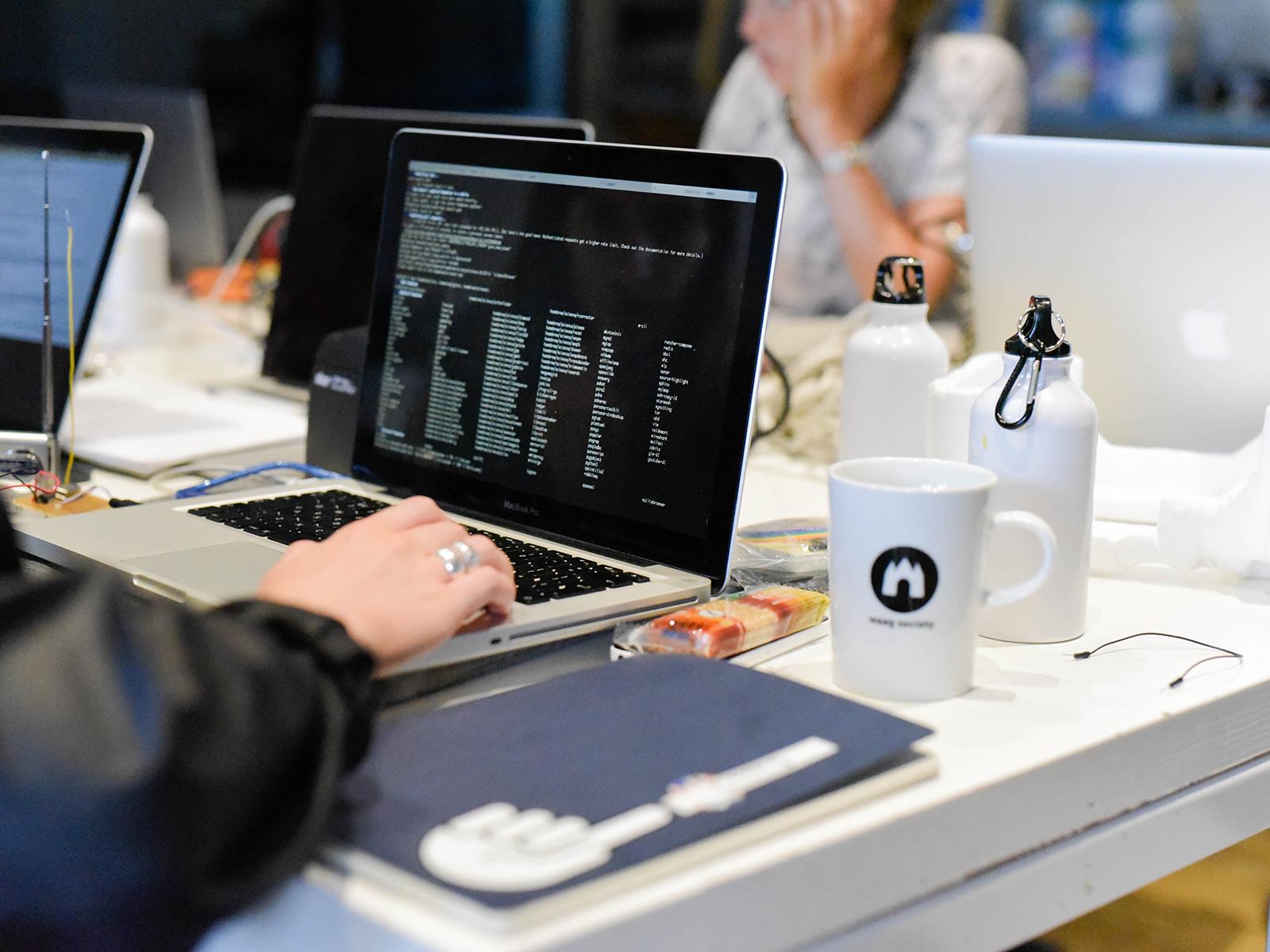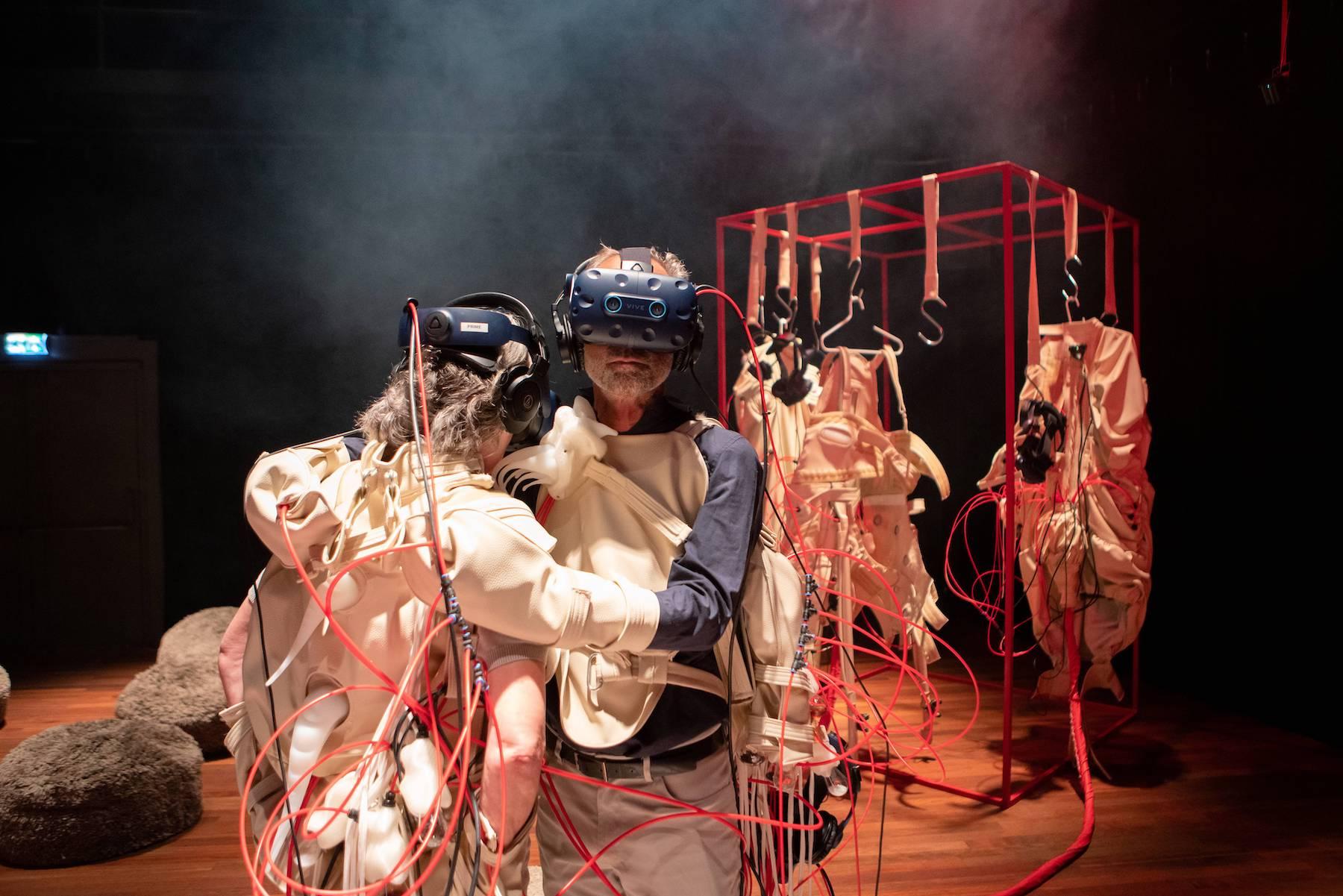That the IT sector is not diverse can be daunting. If you don't see yourself as a software developer, you may not have enough confidence to continue. If you tell a class that girls are worse in math than boys, then these girls will also perform worse than the class that you won't give this information. The same uncertainty is created for people who do not live up to their prejudice about what a software developer is.
As Rebecca Parsons says in Let's Talk about AI, ML and Bias: here is nothing wrong with having prejudices, everyone has them and it helps you function, but let's try to change adverse prejudices.
A non-diverse IT sector also leads to poorer technology. A group of average problem solvers with a diverse background performs better than a non-diverse group of experts. Because if you think differently, you experience things differently, the various groups together see more approaches, and so on. Prejudices affect our technology. Take automatic soap pumps that do not work with a black skin colour, for example. And what if certain prejudices have an effect on the AI that helps to automatically determine repeat offenders? A more diverse IT sector leads to a better society.
Report of the first 'Inclusive Programming' workshop
Most of the participants in this first workshop had little or no programming experience. They had brought their own laptop and we went to work. Learning-by-doing.
It was discussed what programming means. Many participants mentioned the words "to write code," and that's right. I like to see programming as making structured poetry. As a programmer you write code so that the computer understands it, but more importantly, others also understand it. (Or, as Juanita indicated, that you can understand it yourself later.)
"Programs must be written for people to read, and only incidentally for machines to execute."
– Harold Abelson
A computer basically understands ones and zeros. It is very difficult for people to program in it. So code is often written in a language that is easier for people to understand. You then have an evaluator or compiler that interprets the written code and converts it to a language of a lower level of abstraction that the computer understands.
"It is no exaggeration to regard this as the most fundamental idea in programming: The evaluator, which determines the meaning of expressions in a programming language, is just another program."
– Harold Abelson, Gerald Jay Sussman & Julie Sussman in SICP
Development environment
A compiler that converts the written code (in this case, the programming language Clojure) into a format that the web browser understands is embedded in the development environment that we used in this workshop. We used an online tool so that you don't have to spend hours preparing your own computer. We showed this development environment (or Intelligent Development Environment, IDE) and then everyone started working.

Unfortunately we had technical problems which made the IDE not such a pleasure to work in as normal. Attendees sometimes made the right solutions to the questions, but then it didn't work. This was unfortunate, but nonetheless it was instructive for everyone to see the overview of what is involved in creating a web application.
Because the IDE did not cooperate, we continued with the development environment and the questions from maria.cloud. Soon I saw circles everywhere on the screen that were generated by the code.
Do you want program? Inclusive Programming #2 takes place on 11 April from 20:00 to 22:00 hrs. Please join!


